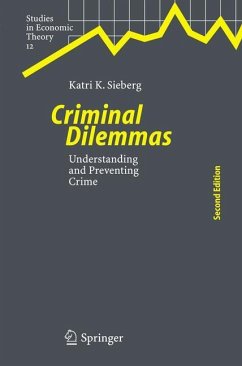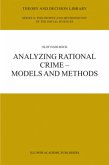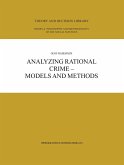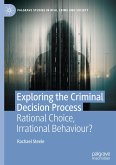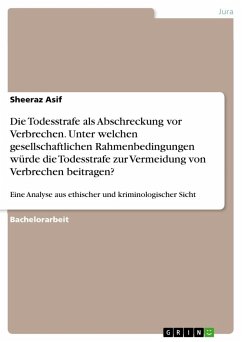Fighting crime breeds emotional responses which often lead to counter-productive government policy. To allow a rational analysis of these important concerns, this book employs the thinking of economics, political science, and game theory to develop new perspectives on crime and its causes. A basic assumption is that the criminal is a rational actor who makes decisions based on his or her personal expected gains and costs. By using this assumption, predictions about behaviour as well as emotional concerns such as prostitution and gun control are given a theoretical perspective. By understanding the strategic variables which cause, for example, gang wars and drug sales, we are better equipped to design effective public policy.
In the new edition, a chapter on police corruption has been added. The Gangs chapter has been updated and focuses more on evaluating competing hypotheses about gang organization and activity.
In the new edition, a chapter on police corruption has been added. The Gangs chapter has been updated and focuses more on evaluating competing hypotheses about gang organization and activity.

